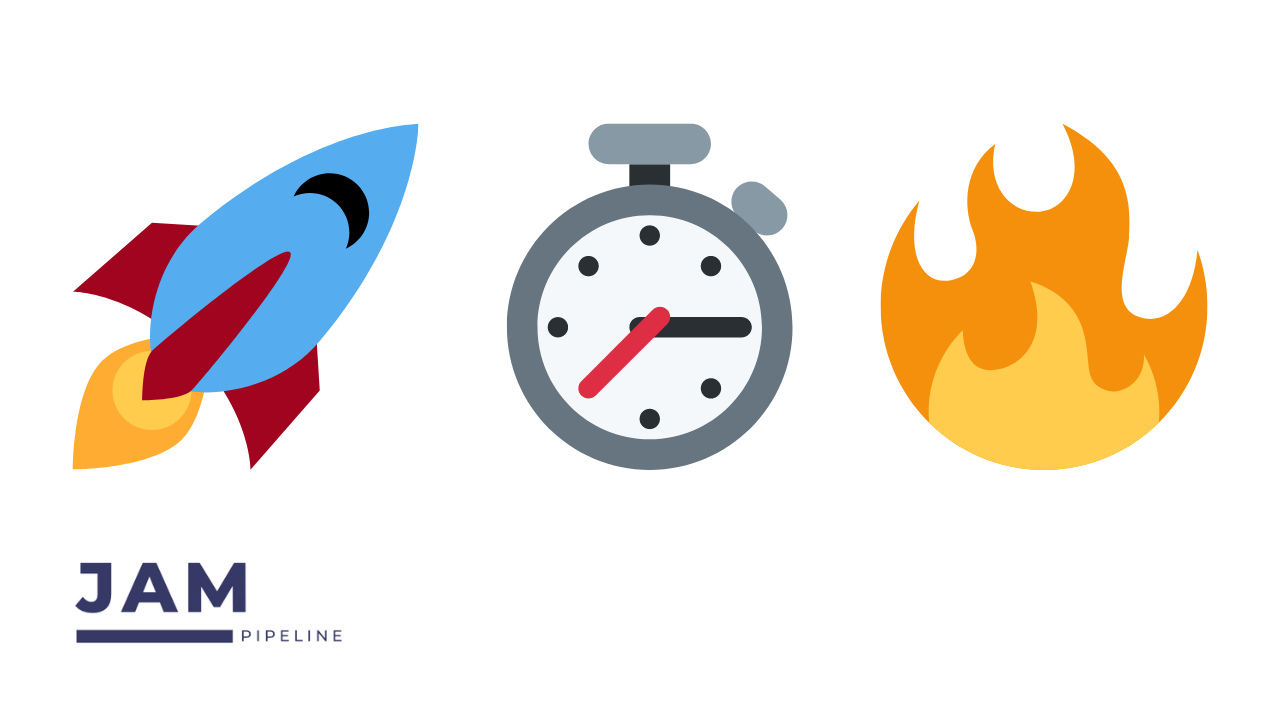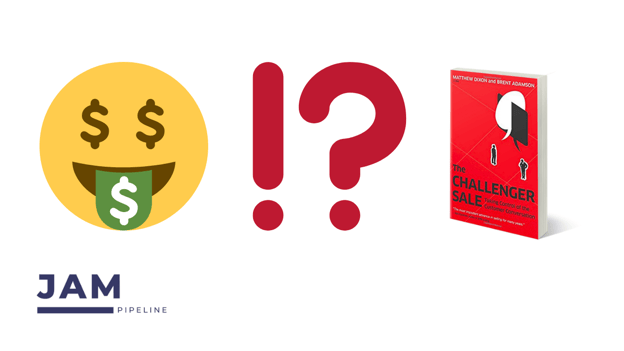The odds are stacked against you.
75% of funded B2B startups fail. 20% of funded B2B startups have a mediocre exit.
So there is a 95% chance you won't get the startup story you want.
There is no room for error.
Founders are 1-2 big mistakes away from failure.
Existential mistakes they don't see coming.
One of our Series B clients, barely avoided a catastrophe.
All caused by 1 mistake.
One day you are running the business as usual.
Next day you are talking to investors about running out of cash in 6 months.
Terrifying.
Then investors lose faith in you.
Some mistakes make investors lose faith in you.
This has a catastrophic effect on the startup and the founder.






One day your employees are thinking about hyper growth.
The next day you tell them to look for another job. Over email.
Terrifying.
Or investors lose faith in your market.
Investor sentiment is flaky and unpredictable.
One day they love web3. Next day they hate it. And love AI instead.
But what about successful companies in those markets?
Your business has strong fundamentals. One month ago it was valued at £10M.
This month you barely get investors bought in at £5M.
Terrifying.
You can't afford to take things slow.
Every day you build your startup, failure is around the corner.
Your situation can change in an instant.
But there are two things you can do.
Firstly, to own a proper financial model.
A proper financial model is a complex interplay of:
- your cost base,
- your operating capital, and
- your pipeline numbers.
This is necessary to keep every team accountable. Especially your commercial team.
Until you have a reliable commercial engine, the CEO must own this.
You can't just outsource this to your CFO or CRO.
You need to be constantly checking and validating assumptions.
Assumptions about conversion rates, deal velocity, costs, life-time value, etc.
You have to check this periodically. Investigate anything that is even slightly outside expectations. And take appropriate action.
Otherwise, you will spot issues too late to fix them.
Secondly, you must be exceptional in growth.
Your investors want just one thing. To see a great return on their investment.
Seed investors want 100X. Series A want 20X. Series B want 5X.
Therefore, they only care about one aspect of your startup. If you can hyper grow.
If you are the best when it comes to growth, investors will always support you.
It won't matter if you make mistakes. Or if investor sentiment about your market changes.
If investors know you can hyper grow, they will look past everything else.
But what is an exceptional growth rate?
Institutional Venture Partners (VC with over $9 billion under management) looked into average growth rates for successful startups.

Let's say your ARR is under $25M.
To be in the top 2.5% you need to average 159% YoY growth.
Anything less and you won't be considered the best.
In case you are thinking that you don't need to be in the top 2.5% and that top 10% is fine.
The average for top 10% of startups is a 120% YoY growth rate. That's 120% YoY until you hit $25M ARR.
Can you do this the way you are today?
You must take your commercial growth seriously.
Otherwise, you will be at the mercy of investor sentiment.
Who will judge you for mistakes. And loose interest in you and your market.
Is that a risk you are willing to take?




